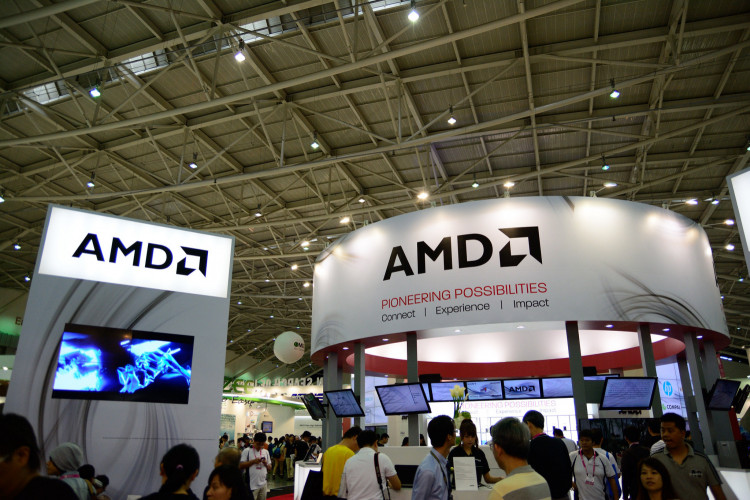Shares of Advanced Micro Devices fell more than 9% on Wednesday after the chipmaker missed earnings expectations for the second quarter and offered limited clarity on when it will resume shipments of artificial intelligence chips to China, which have been impacted by U.S. export restrictions.
The company reported adjusted earnings of $0.48 per share, falling just short of the $0.49 analysts surveyed by LSEG had projected. Net income rose to $872 million, or $0.54 per share, compared to $265 million, or $0.16 per share, in the same quarter last year. Revenue grew 32% year-over-year to $7.69 billion, exceeding the $7.42 billion estimate.
CEO Lisa Su cited the impact of the Biden-Trump era AI chip export controls during an earnings call, saying, "AI business revenue declined year over year as U.S. export restrictions effectively eliminated MI308 sales to China, and we began transitioning to our next generation."
In an interview with CNBC, Su said AMD has been working closely with the Trump administration to secure licensing approval for China shipments. "From our standpoint, we think we have an extremely strong portfolio," she said. "Tens of billions of dollars is the opportunity in a market that's going to be, let's call it 500 billion plus over the next few years."
For the third quarter, AMD forecast revenue of $8.7 billion, plus or minus $300 million, topping the $8.3 billion consensus. However, the company noted that its forecast does not include potential contributions from the MI308 chips, which remain restricted.
Some analysts expressed concern about the vague timeline for license approvals. "China upside sounds like it will take time to materialize (and it sounded like we shouldn't count too much on it even if licenses are granted)," Bernstein analysts wrote in a note, citing ongoing inventory and expense challenges.
Data Center revenue reached $3.2 billion, in line with estimates but a source of investor caution. Goldman Sachs analysts wrote, "We are more guarded on the company's ability to drive significant scale in Datacenter GPUs over time, and think operating leverage is likely to be hampered by the significant OpEx we believe is needed for the company to support its software and systems efforts."
Despite the uncertainty surrounding China, AMD said it plans to resume shipments soon, pending Department of Commerce application reviews. The company had previously flagged an $800 million revenue impact tied to the MI308 ban, which contributed to an operating loss of $155 million in Q2.
Elsewhere, AMD's Client segment-which includes consumer CPUs for desktops and laptops-reported $3.6 billion in revenue, well above the $2.5 billion estimate, helping to offset weakness in other divisions.
Looking forward, AMD is set to launch its MI350 chip lineup, including the MI350X and MI355X, positioned to compete with Nvidia's Blackwell-based offerings. AMD claims the new chips deliver four times the AI compute performance and a 35x improvement in inferencing over prior models.




